How to grow potted oregano plants?
Written by Joy
Oct 30 2020

Oregano is a perennial herb that belongs to the Lamiaceae family. It is native to northern Africa and Asia. There are many wild species in North China, Northwest China, and South China. The whole plant of oregano has a strong aroma and can be used for medicinal purposes and to extract essential oils in addition to seasoning. Oregano has many functions, so how to grow potted oregano plants? This article mainly introduces the planting methods and techniques of potted oregano, hoping to benefit the majority of gardeners.
Although oregano is a perennial, cold-resistant aromatic plant, root protection measures are also needed for it in winter to facilitate safe overwintering. Oregano does not have strict environmental requirements and can survive in open woodlands, hillsides, and rough grasslands.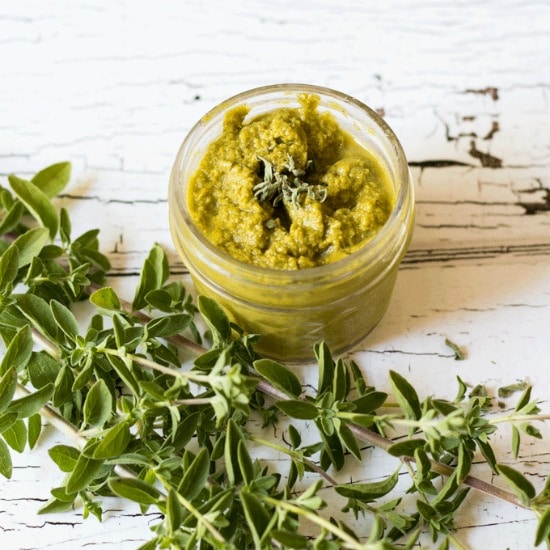 Put a layer of pebbles at the bottom of the flowerpot, put the culture soil into 3/4 of the flowerpot, and evenly sprinkle the oregano seeds into the potting soil, then lightly cover with a thin layer of soil to cover the oregano seeds, and then water thoroughly. Before the seeds germinate, cover them with newspapers and spray water on the newspapers. After the seeds germinate, remove the newspapers. Small buds will sprout after about two weeks.
Put a layer of pebbles at the bottom of the flowerpot, put the culture soil into 3/4 of the flowerpot, and evenly sprinkle the oregano seeds into the potting soil, then lightly cover with a thin layer of soil to cover the oregano seeds, and then water thoroughly. Before the seeds germinate, cover them with newspapers and spray water on the newspapers. After the seeds germinate, remove the newspapers. Small buds will sprout after about two weeks.
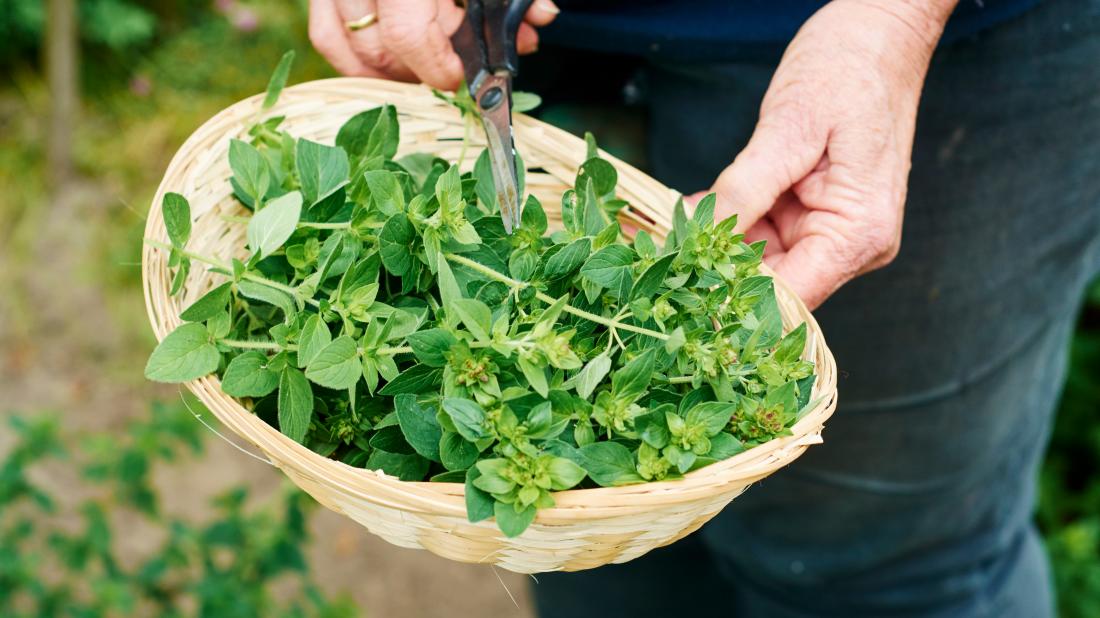 The suitable temperature for seed germination is 13~22℃. Use plastic film to prop up a small arch or cover with plastic film on the border surface of the plug tray. If the temperature is too high during the day, the plastic film should be lifted in the morning and covered in the evening, and the seedlings will emerge in about 2 weeks. Liftoff the mulch after emergence to allow sufficient light. During the emergence of the seedlings, keep the border surface or the pan surface moist, and it can be planted after about 50 days.
The suitable temperature for seed germination is 13~22℃. Use plastic film to prop up a small arch or cover with plastic film on the border surface of the plug tray. If the temperature is too high during the day, the plastic film should be lifted in the morning and covered in the evening, and the seedlings will emerge in about 2 weeks. Liftoff the mulch after emergence to allow sufficient light. During the emergence of the seedlings, keep the border surface or the pan surface moist, and it can be planted after about 50 days.
Experts suggest that gardeners should plant in mid-to-late April, with oregano planting at 30cm row spacing and 50cm plant spacing.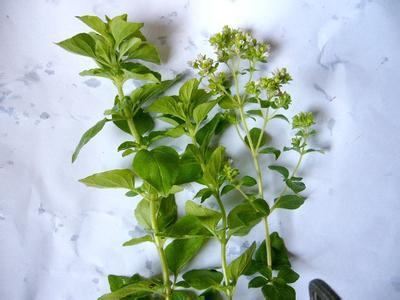 After planting, water the planting water, water slowly every 3 to 5 days, and water once every 7 to 15 days during the growth period. After slowing the seedlings, weeding and weeding should be timely, and drainage should be timely in the rainy season. After each harvest, 50 to 75kg of nitrogen-rich organic fertilizer should be applied for every 666.7 m2. When the plant has fresh buds, the branches are pruned to about 10cm, and then top-dressing to stimulate the growth of new branches.
After planting, water the planting water, water slowly every 3 to 5 days, and water once every 7 to 15 days during the growth period. After slowing the seedlings, weeding and weeding should be timely, and drainage should be timely in the rainy season. After each harvest, 50 to 75kg of nitrogen-rich organic fertilizer should be applied for every 666.7 m2. When the plant has fresh buds, the branches are pruned to about 10cm, and then top-dressing to stimulate the growth of new branches.
The refined essential oil can be harvested 2 to 3 times in summer and autumn depending on the growth potential, and the whole plant is left 10 cm high and cut and processed as soon as possible.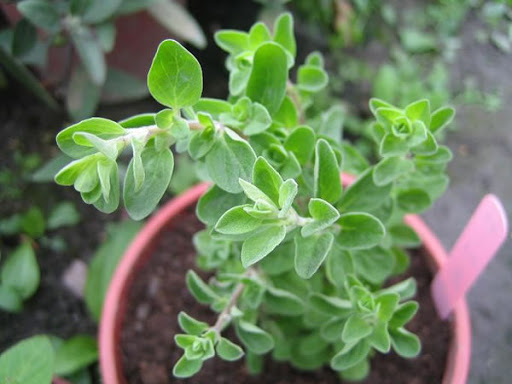 The open-air cultivation of oregano has no pests and diseases. At ordinary times, attention should be paid to prevention and comprehensive control. The organic cultivation of oregano requires agricultural control, physical control, and biological control. What gardeners should pay attention to is that it is strictly forbidden to use chemical pesticide control on oregano.
The open-air cultivation of oregano has no pests and diseases. At ordinary times, attention should be paid to prevention and comprehensive control. The organic cultivation of oregano requires agricultural control, physical control, and biological control. What gardeners should pay attention to is that it is strictly forbidden to use chemical pesticide control on oregano.
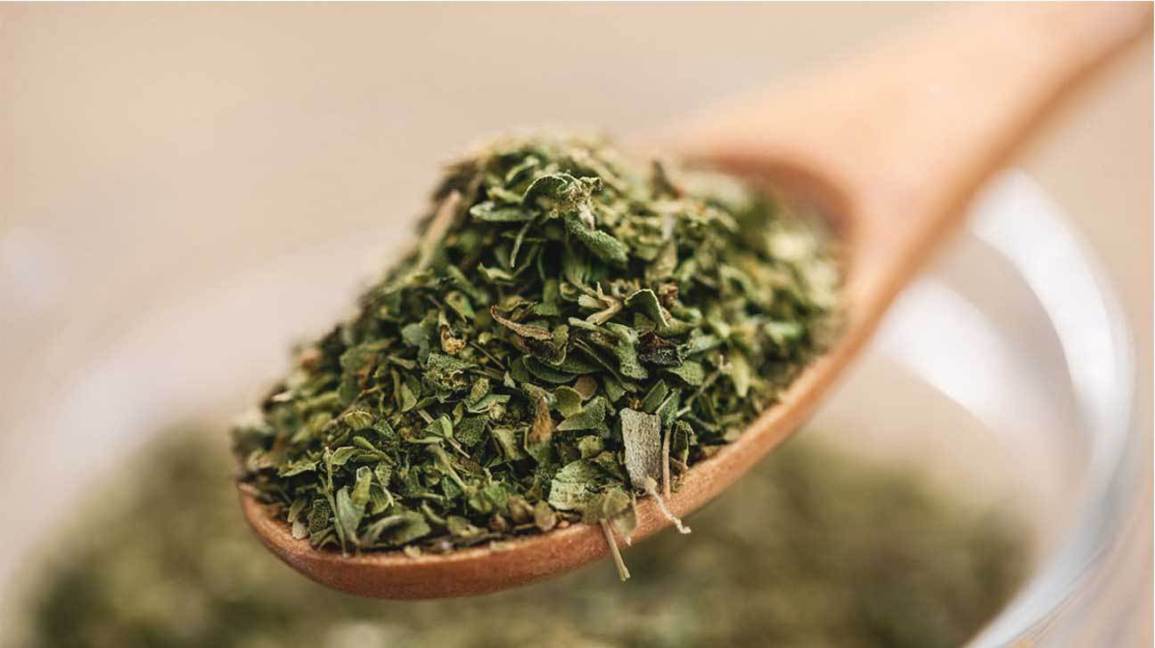 The medicinal use of oregano is still very extensive and has a certain history of medicinal use, it can also diuresis and reduce swelling. This herb can be used for abdominal pain, vomiting and diarrhea, dysentery, jaundice, edema, tonsillitis, sore throat, and other symptoms.
The medicinal use of oregano is still very extensive and has a certain history of medicinal use, it can also diuresis and reduce swelling. This herb can be used for abdominal pain, vomiting and diarrhea, dysentery, jaundice, edema, tonsillitis, sore throat, and other symptoms.
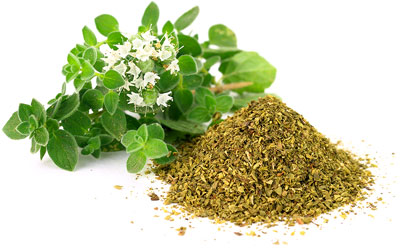 2. It is not suitable for breastfeeding women, infants, and people with chronic illness and physical weakness.
2. It is not suitable for breastfeeding women, infants, and people with chronic illness and physical weakness.
Oregano has the effects of relieving the surface and regulating qi, clearing heat, and dampness. Pregnant women taking oregano can digest, invigorate the stomach, and reduce dampness. Generally speaking, there will be no adverse reactions. However, you should pay attention to the dosage when taking it.
2. Not suitable for infants and young children
Oregano is Chinese medicine. The intestines and stomachs of infants and young children are relatively delicate. Improper consumption can easily stimulate the intestines and stomach, cause gastrointestinal disorders, and cause diarrhea and other adverse symptoms. Some foods made from oregano are not suitable.
Although oregano is a perennial, cold-resistant aromatic plant, root protection measures are also needed for it in winter to facilitate safe overwintering. Oregano does not have strict environmental requirements and can survive in open woodlands, hillsides, and rough grasslands.
Sowing oregano seeds

Nursery
If the seedlings are cultivated in the open field in the greenhouse in February, use plugs or flat borders for sowing. The matrix in the plug is a mixture of peat and vermiculite with a volume ratio of 3:1. For seedlings raised by the flat-border method, you'd better find the soil block, level the border surface, and then water. Sow seeds after the water seep into the soil. The seeds can be mixed with some fine soil, mixed well, and broadcasted. Cover soil 1~2mm after sowing.
Colonization
You'd better choose sunny, well-drained, loose sandy loam soil. After the soil is plowed for 30 cm, the land is leveled and a certain proportion of organic fertilizer is applied.Experts suggest that gardeners should plant in mid-to-late April, with oregano planting at 30cm row spacing and 50cm plant spacing.
Field management of Oregano

Harvest Oregano
The tender stems and leaves can be harvested at any time for vegetable use.The refined essential oil can be harvested 2 to 3 times in summer and autumn depending on the growth potential, and the whole plant is left 10 cm high and cut and processed as soon as possible.
Disease and pest control of oregano

The efficacy of Oregano
1. To clear away heat and relieve heat
Oregano is a kind of Chinese herbal medicine, which has a significant effect on clearing heat and relieving heat. It can be used for heatstroke, colds, headaches, and severe body diseases. The medical book Hangzhou Yaozhizhi records that oregano can cure colds and vomiting blood.2. Diuresis and swelling

3. Anti-aging
The types of nutrients in oregano are quite rich, and different substances have different effects. Every 1 mg of oregano essential oil contains at least 187.80 micrograms of anti-aging element superoxide dismutase. Its antioxidant function is very strong. In terms of its antioxidant effect in eliminating free radicals, it is higher than apples. It is 42 times higher than that of potatoes, 30 times higher than that of potatoes, and 12 times higher than that of oranges. Oregano has a good anti-aging effect.Contraindications of Oregano
First, related taboos
1. Oregano is not suitable for people with qi stagnation constitution, damp-heat constitution, phlegm damp constitution, idiosyncratic constitution, yin deficiency constitution, and blood stasis constitution.
Second, the taboos of mother and baby
1. Pregnant women can take itOregano has the effects of relieving the surface and regulating qi, clearing heat, and dampness. Pregnant women taking oregano can digest, invigorate the stomach, and reduce dampness. Generally speaking, there will be no adverse reactions. However, you should pay attention to the dosage when taking it.
2. Not suitable for infants and young children
Oregano is Chinese medicine. The intestines and stomachs of infants and young children are relatively delicate. Improper consumption can easily stimulate the intestines and stomach, cause gastrointestinal disorders, and cause diarrhea and other adverse symptoms. Some foods made from oregano are not suitable.
Latest Updated
- Benefits of Bugleweed - 7 Science-backed Health Benefits
- Bugleweed Dangers & Side Effects - Is It Poisonous?
- How to Plant Evergreen Trees - What You Should Know
- When to Plant Evergreens - Grow Guide for Evergreen Trees
- 12 Wonderful Evergreen Shrubs for Your Garden
- 12 Popular Evergreen Plants with Pictures for Beginners
- When And How To Prune A Lilac Bush Like a Pro
- How to Grow & Care for Lilac Vine (Hardenbergia Violacea)
- Japanese Lilac Tree (Syringa Reticulata) Care & Propagation Guide
- Shumard Oak Pros and Cons - What to Know
Popular Articles
- Winter maintenance of Antirrhinum Majus
- How to Grow Terminalia Mantaly Tree
- How to Grow and Care for Crossostephium Chinense
- How to grow Antirrhinum Majus in spring
- Peristeria Elata (Dove Orchid) Profile: Info & Care Guide
- Underwatered Snake Plant (Sansevieria Trifasciata) - Signs And How To Fix
- How to Care for Brazilian Jasmine Plant (Mandevilla Sanderi)
- How to Grow & Care for Graptopetalum Purple Delight in Summer
- Rosa Chinensis (China Rose): Plant Growing & Care Tips
- How to Care for Baby Sun Rose (Aptenia Cordifolia)